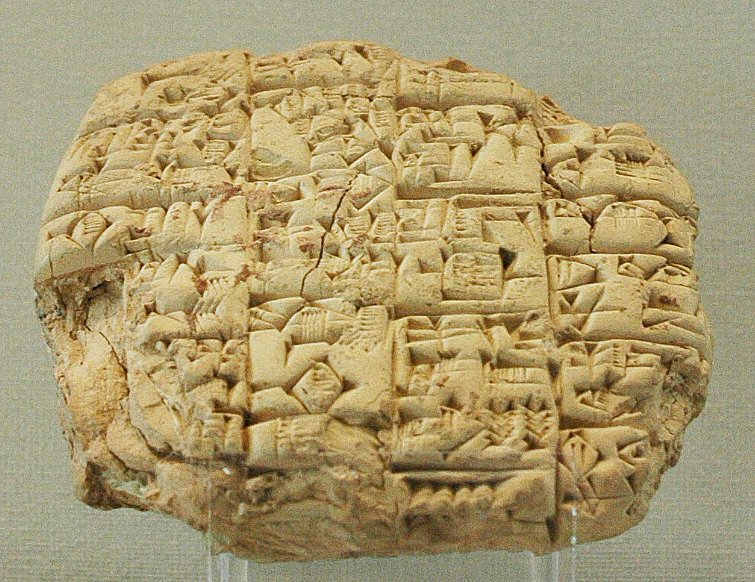A Digital Economy Recipe for MOOCs
In a month's time the DE USRG will cease to exist, as it merges with the Web Science Institute. Since we took it over in 2011 we have focused on a few key areas:
Firstly, the role of technological innovation in driving research-informed education, and this being digital economy research in its own right. The education sector is changing rapidly as we all appreciate and the place of technology is fundamental to this.
Continue reading →




